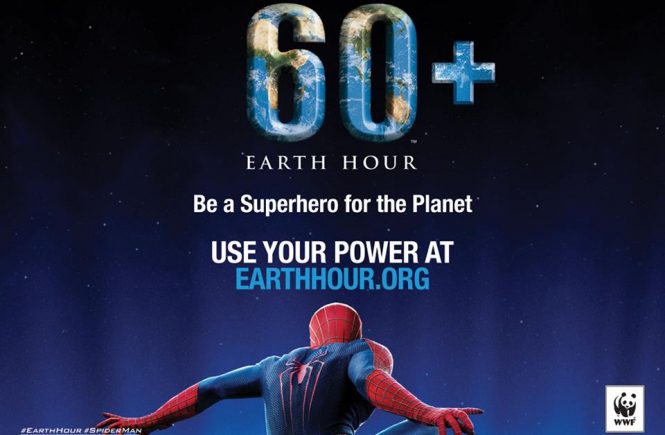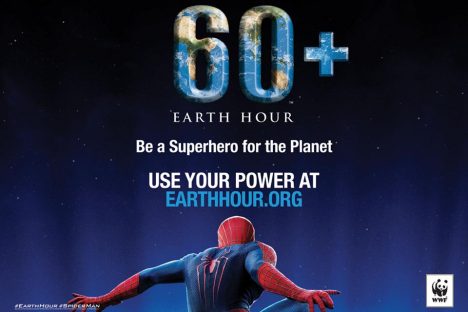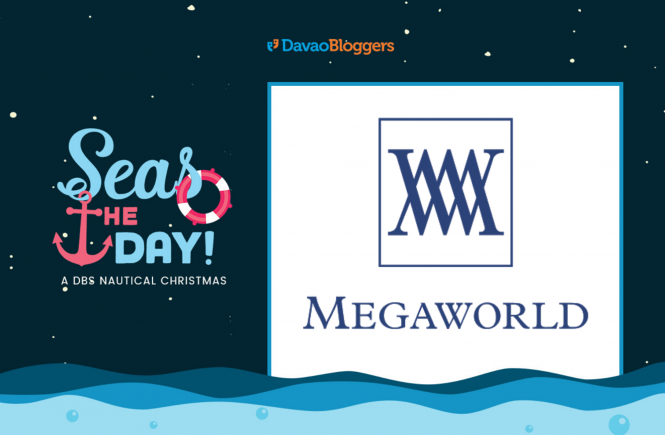Typhoon Yolanda smashed the country on 8 November 2013, bearing winds and waves so ferocious that most of Tacloban City was obliterated. The death toll has soared past 6200, with 2000 still missing. Over 100 days since the calamity, hundreds of communities still rely on relief efforts to survive. Worse, Yolanda’s 330kph winds demolished at least 30,000 bancas – the traditional outrigger boats of the Philippines, depriving around 145,000 fisherfolk of their livelihoods.
“Since its inception in 2007, Earth Hour has been recognized as the world’s largest voluntary action for the environment, reaching 7000 towns and cities across 154 countries,” says Earth Hour Philippines Director Atty. Gia Ibay. “The Philippines has been one of the movement’s best supporters, having topped town and city participation levels from 2009 to 2013. In light of Typhoon Yolanda, it is now time for Earth Hour to work for us Filipinos.”
Encouraged by its popularity, Earth Hour has reinvented itself as a crowd-funding platform for environmental initiatives, while still celebrating climate change solutions via a global 60-minute switch-off. Earth Hour 2014 is slated from 8:30pm to 9:30pm on Saturday night, 29 March.
Among the featured crowd-funding projects is Bancas for the Philippines, a project of the World Wide Fund for Nature (WWF-Philippines). “Climate change is here, now. There will be many more Yolandas. It is time to think and act beyond relief,” notes WWF-Philippines Vice-chair and CEO Jose Ma. Lorenzo Tan. “By enhancing the traditional banca design and providing fisherfolk with the resources to build new boats, we will minimize our growing dependence on local and foreign aid.”
Initially conceived to help Yolanda-afflicted coastal communities in Northern Palawan and the Eastern Visayas, the project aims to introduce fiberglass boat-making technology to restore food security, increase climate resilience by reducing boat construction time, and decrease current reliance on hardwoods for banca construction. Through the support of donors, the project provides materials, training and boat moulds, which shall be awarded to selected communities so fisherfolk can build bancas to jumpstart self-sufficiency.
The project aims to restore food security while avoiding an increase in fishing pressure by ensuring that boats do not exceed 20 feet in length and are propelled chiefly by sails or paddles, promoting artisanal or small-scale fishing. To contribute to the goals of the year-long project, the Earth Hour crowd-funding platform aims to raise $24,000 for 60 bancas by mid-April.
Earth Hour Slated for March 29
Envisioned as a unique and highly-visual way to stand against climate change, Earth Hour uses the simple action of turning off lights for 60 minutes to deliver a powerful message on the need for decisive climate change solutions. This simple act has captured the hearts and minds of people the world over.
Earth Hour began in 2007 as a single-city event. Today, it has become the largest recurring environmental mass-action, with 154 of the world’s 196 countries joining the global switch-off. The Philippines has been championing Earth Hour since 2008.
Earth Hour Philippines corporate partners include Philips, Megaworld and ArthaLand. Media champions include ABS-CBN, Discovery Channel, Rappler, FocusMedia, QCreativs and DZUP. WWF is currently seeking additional allies for Earth Hour.
“Give a man some fish and you’ll feed him for a day. Teach him how to fish and you can feed him forever,” concludes Tan. “We invite corporations and individuals to support Bancas for the Philippines via the Earth Hour crowd-funding platform. Through your help, we can help Yolanda-hit prepare for the rougher seas brought about by climate change. Together, let us keep hope afloat.”
This year, the Davao Bloggers Society will take part in this advocacy by joining the Earth Hour celebration and we encourage you to do the same. Come to SM City Davao on March 29, 2014 ; 7:30pm at the SM Carpark.
Be in your best hero costume and “Be a Superhero for the PLANET”





